A few weeks ago, I had the opportunity to take a SUP yoga class on the Tennessee River. It was a misty, gray morning and I joined a couple others to do some wobbly Downward-Facing Dogs and Warrior I’s.
It was an incredible experience for two reasons: I was able to see Chattanooga from an angle I normally don’t and I also felt removed from the city while being in the midst of it.
In the weeks since that class, I’ve been daydreaming about getting back on the water, this time paddling downriver to see Willliams Island and later Pot Point Cabin. I dream about camping and about trails and about green. I dream about peace and about solitude.
And why, exactly, do my dreams of respite look like this?
E.O. Wilson has an answer. In his book Biophilia, Wilson writes, “We are in the fullest sense a biological species and will find little ultimate meaning apart from the remainder of life.”
Nature, like what we have in the Tennessee River Gorge, offers us that “ultimate meaning” that we are seeking. In becoming attuned to our connection to the “remainder of life,” in the form of trees, springs, birds, and wildflowers, we can be reminded of and comforted by our place in this world. We are a biological species, just like all of those things I mentioned. We are not alone. Each of us is part of a great, beautiful whole.
•••
At the Tennessee River Gorge Trust, we recognize each person’s need to be in Nature. (And, yes, we do mean need! See the quote above for explanation.) As a land trust our size, we often feel like the benevolent guardian over these idyllic lands where Chattanoogans can have space to reconnect with that “remainder of life” that Wilson is referencing.
As such, we aim to provide open space where community members can be untrammeled in the natural world. That is, a place where people can explore and exercise their curiosity unburdened by the requirements of the outside world.
However, allowing people into nature is not always the romantic ideal that we imagine it to be. We all know the instances where humans have loved a land to death. Think about trashed swimming holes or abused trails.
In order to ensure that our idyllic spaces are still there when we need them, we have to respect them. For the Trust, that means keeping trails clear, maintaining Blueway campsites, and inventorying migratory songbirds. But it also means marking boundary lines, preventing trespasses where endangered species live, and placing priority on threatened habitat for delicate species.
For the community, respect of open space looks like accepting that sometimes you don’t personally get to experience a certain piece of Nature. It also means participating in the annual River Rescue. And finally it means sharing Raccoon Mountain biking trails with all your friends so that they, too, can know how gorgeous our city is!
At the Trust, we want people out on our lands where appropriate because we believe that a population firmly rooted in the Nature of its area has a better understanding of the interdependency of all things. Those communities have a greater respect for shared resources, which leads to a richer life for all. Everyone benefits when we understand how we all depend on one another: us on Nature for our sanity, and Nature on us for its healthy management in our rapidly growing modern world.

